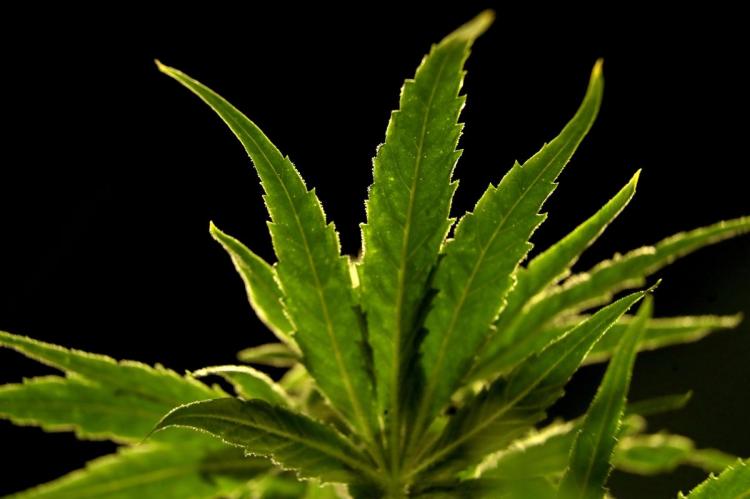Limited medical marijuana supply expected to be ready by Utah’s program deadline
SALT LAKE CITY — Though not all products are expected to be in patients’ hands, Utah’s medical cannabis program will roll out by the state’s March deadline, officials say.
“So it’s a rush and a spring, but we’ve known that since day one. We just haven’t had a lot of time, so we’re blocking and tackling along the way and making sure we have some product available for March 1,” said Andrew Rigby, the state’s cannabis program manager with the Utah Department of Agriculture.
Six of the eight growers have plants in the ground, some of which will be ready for processing and selling by March. The drug will likely first be available to patients in the form of marijuana flower in blister packs, as it requires less processing, as well as possibly some limited oil derivative products like vape cartridges.
Cannabis takes between 90 and 100 days to grow.
Other types of dosing and a more robust supply will become available in the following months, Rigby said, with a “solid” supply expected by 2021.
After the eight cultivators were announced last July, Rigby said, they each needed to work with local governments to meet requirements and show a business license from their city to the agriculture department before getting started.
As each city has different requirements, some growers took longer to receive approvals than others, Rigby said. The final two cultivators were expected to have plants in the ground in the coming days and weeks.
Most of the growers have also applied for processing licenses, said Richard Oborn, director for the Utah Department of Health’s Center of Medical Cannabis.
Oborn says the program has “gone really smoothly compared to other states” that have seen their medical marijuana programs put on hold by things like lawsuits.
“So far we’re on schedule,” Oborn said.
The state database that will allow patients to apply for and renew medical cannabis cards will be available in March, Oborn said. The database will also maintain a record of the amount of marijuana in cultivation facilities, processing facilities and pharmacies, and monitor product testing by independent laboratories.
The state’s 14 selected pharmacies — eight of which could open in March, and five of which could open a few months later — were announced on Friday.
Rigby said that depending on the marijuana supply in March, the pharmacies might need to further stagger their openings. Officials in the health and agriculture departments were scheduled to meet this week to discuss what the distribution of supply will look like when the program starts.
Among growers ready to offer their crop to pharmacies, West Valley City-based Oakbridge Greenhouse has been cultivating its medical marijuana since August, said Matt Page, chief operating officer for the company. It had selected a location already approved for growing cannabis and did not face zoning delays.
“We will be able to deliver,” he said, adding that the company will harvest marijuana in about a month.
As one of the few Utah-based companies selected as growers, Page said the company’s goal is to get medical marijuana into the hands of customers as quickly as possible, and as low cost as possible. The greenhouse operates with three full-time employees, he said, but wants to hire more as the market expands.
He emphasized the company, co-owned by a third-generation greenhouse operator, wants to avoid overhiring and overproducing.
Standard Wellness of Utah, a grower that also operates in Ohio, is also on pace to meet the March deadline, said spokesman Brandon Lynaugh. The company will first have marijuana flower available, with other products processed over the next several months.
An important part of being involved in the cannabis business is making sure supply doesn’t surpass demand, Lynaugh said.
“And so as more and more patients apply and get their cards, and more dispensaries open, we’ll try to match our production both on the cultivation side of flower but also on the process side,” he explained.
To be able to have product available by March, the company has been cultivating since mid-December out of a temporary facility in Corinne in Box Elder County.
Utah voters approved the medical marijuana ballot initiative, Proposition 2, in November 2018 legalizing doctor-approved marijuana treatment for certain health conditions. State lawmakers the next month replaced the measure with a law they say puts tighter controls on the production, distribution and use of the drug.
- Log in to post comments

